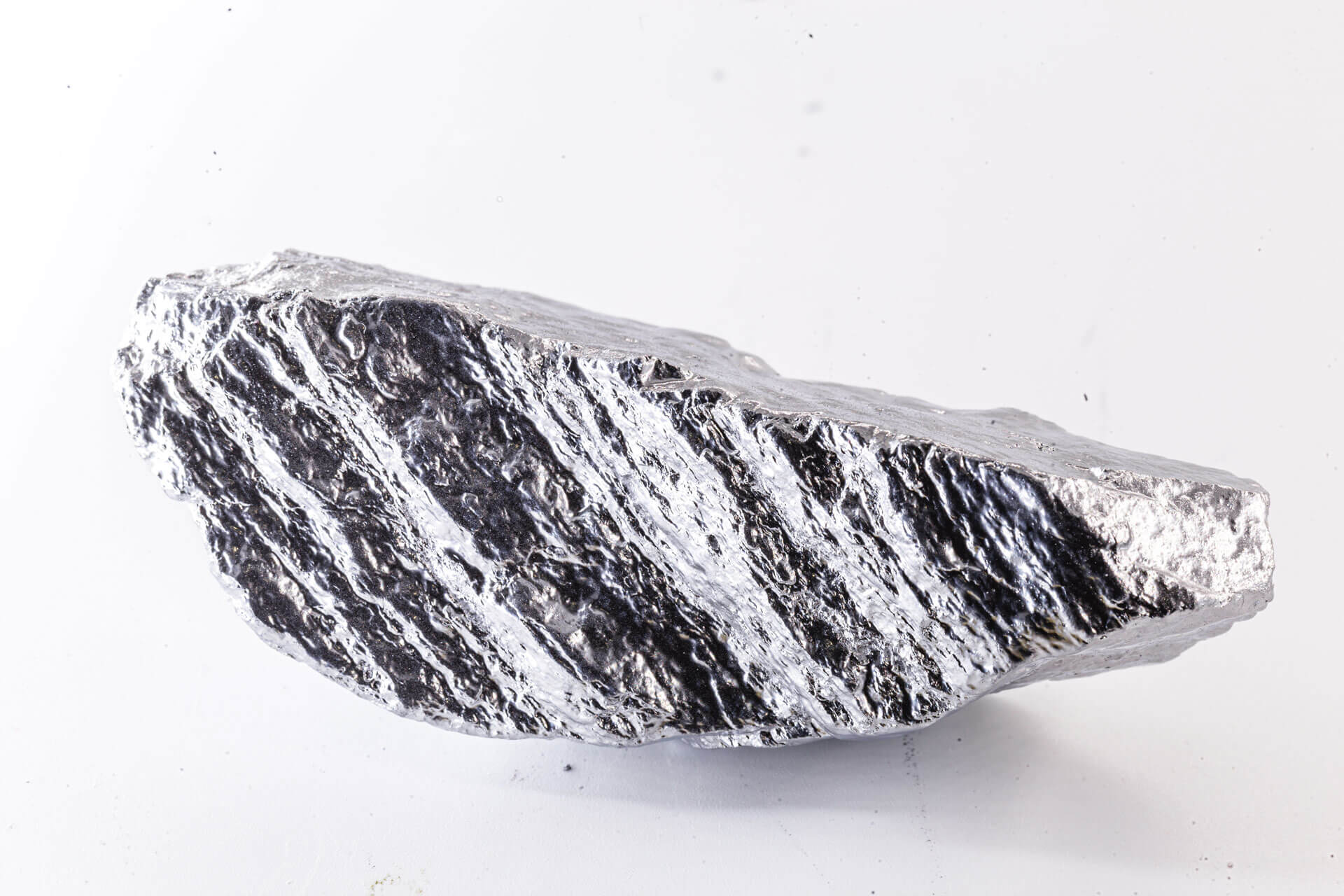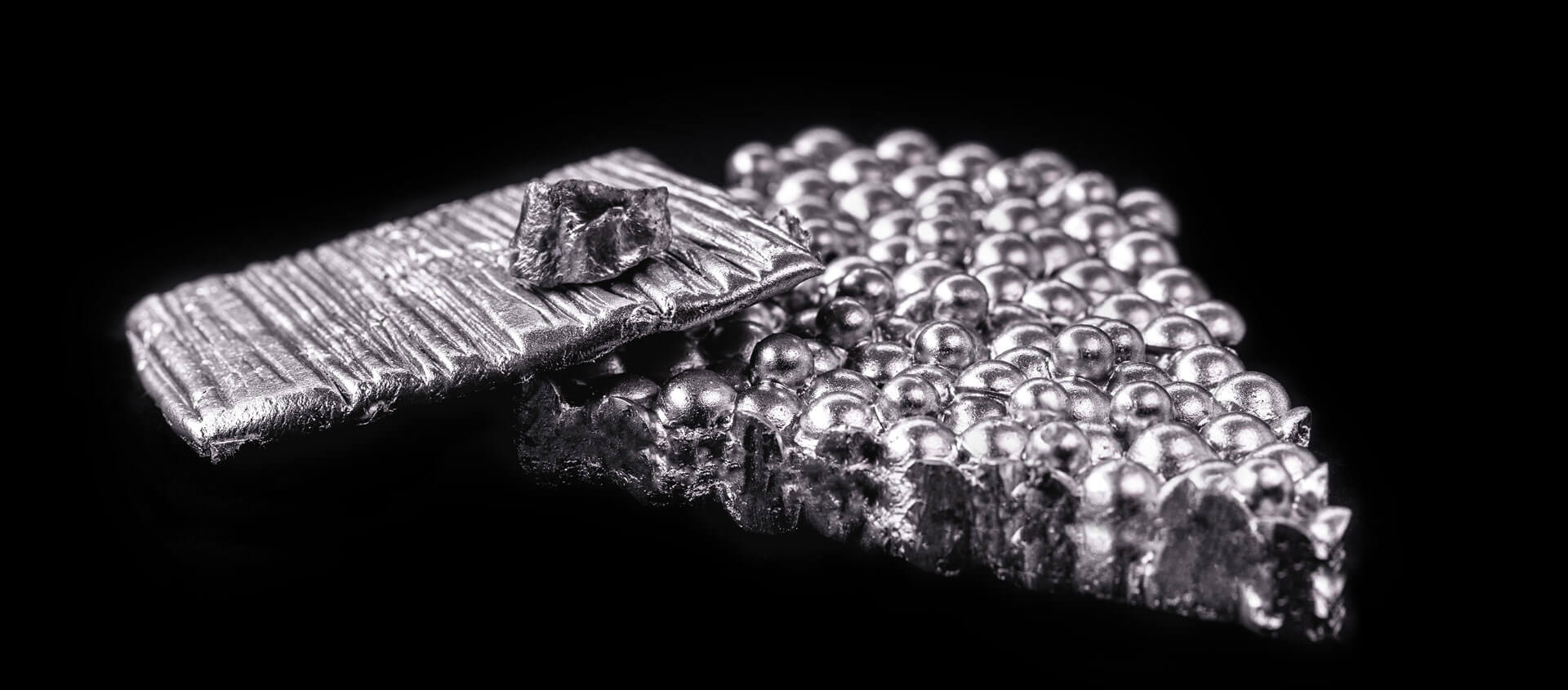[notice] 2021 SMM South China Nonferrous Metals Industry Annual meeting was held in Guangzhou today!
According to sources, a cabinet minister in Zimbabwe said the government intends to ban the export of chromium concentrate from July 1 next year to encourage the company to invest in mineral processing facilities.
Zimbabwe has the world's second-largest reserves of high-grade chromium ore after South Africa, with reserves of about 10 billion tons, or about 12 percent of the global total, according to the Ministry of Mines and Mines Development.
In August last year, the Zimbabwean government issued a ban aimed at encouraging chromium miners to invest in mineral processing facilities.
Mineral processing is expected to help Zimbabwe achieve its mining economic target of US $12 billion by 2023.
"the government will ban the export of raw chromium ores and concentrates, while the export of chromium concentrates will be banned from July 1, 2022," said Professor Mthuli Ncube, Minister of Finance and Economic Development.
"looking ahead, the award of chromium mining claims will depend on potential mining companies to establish integrated chromium mining and ferrochrome smelting."
Minister Ncube said that in order to maximize the value of the country's minerals, the government would also target mineral processing through the establishment of gold processing and milling service centres and promote the establishment of more diamond cutting and polishing plants.
He added that the government also supported the private sector in setting up a base metal refinery, (BMR), while the issuance of coal licenses to mining companies would now depend on the establishment of coke oven batteries.
The Government has also earmarked resources for the employment and capacity of mining promoters to enable them to monitor and support mining activities at the provincial and regional levels to increase production and productivity.
In terms of legislation, the Government is giving priority to the revision of the Minerals and Minerals Law to bring it in line with international best practices.
The draft amendment has been completed and is currently under consideration by Parliament.
In order to improve access to international markets, increase productivity, increase liquidity and better price our mineral resources, the Government is considering establishing a mineral commodity exchange on the basis of the existing Zimbabwe Commodity Exchange.
"the exchange will provide spot and futures markets, which will enable minerals to be traded in an organized, transparent and regulated market for the benefit of all miners, including artisanal and small-scale miners, as well as the country as a whole," said Minister Nkube. Twenty-two smelters are now in operation.
According to sources, the Zimbabwean government said that unless the mining capacity of chromium ore is expanded, the smelting business may soon face the challenge of insufficient raw materials for chromium ore.
Against the backdrop of strong global demand and sustained economic recovery, the mining industry is expected to grow by 3.4 per cent this year due to improved performance of all minerals and favourable international mineral prices.




